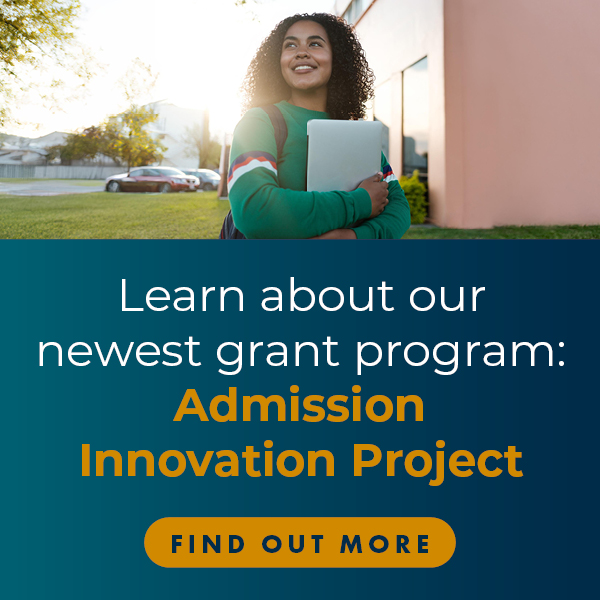Since launching our grantmaking activities in 2014, we have awarded over $26.4 million in support of our research priorities: access, affordability, and the value of legal education.
Awarded Grants
Grant Program
Grant Status
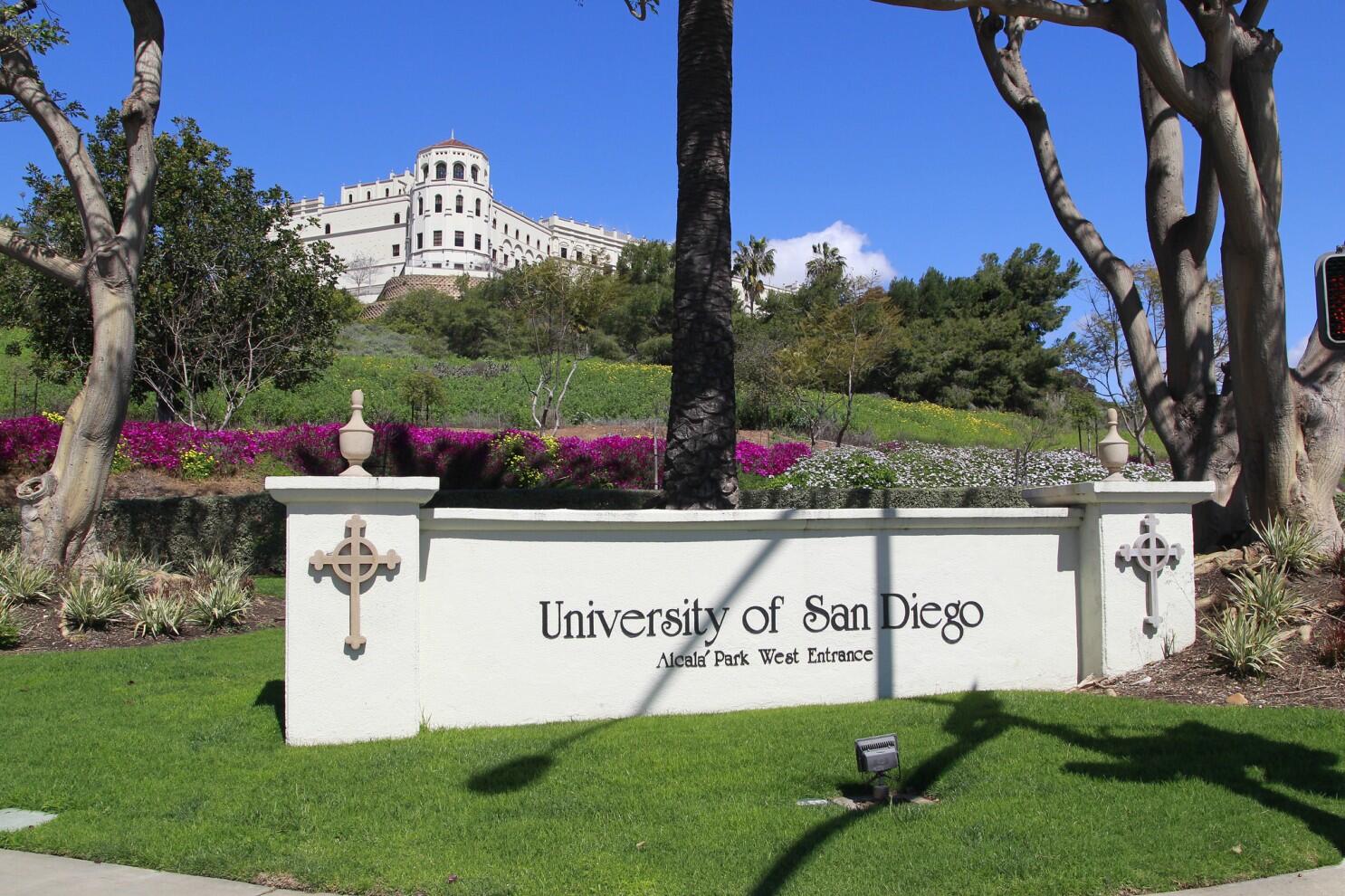
University of San Diego
The University of San Diego School of Law’s (USD) Center for Public Interest Law (CPIL), in partnership with the School of Business Department of Economics, plans to research inequality with respect to access to legal services. USD will investigate whether the lack of diversity in the attorney workforce directly impacts access to legal services by low-income, disadvantaged consumers, and whether the existing cut score of California’s Bar Exam is contributing to the justice gap in California.
View grant outcomes.
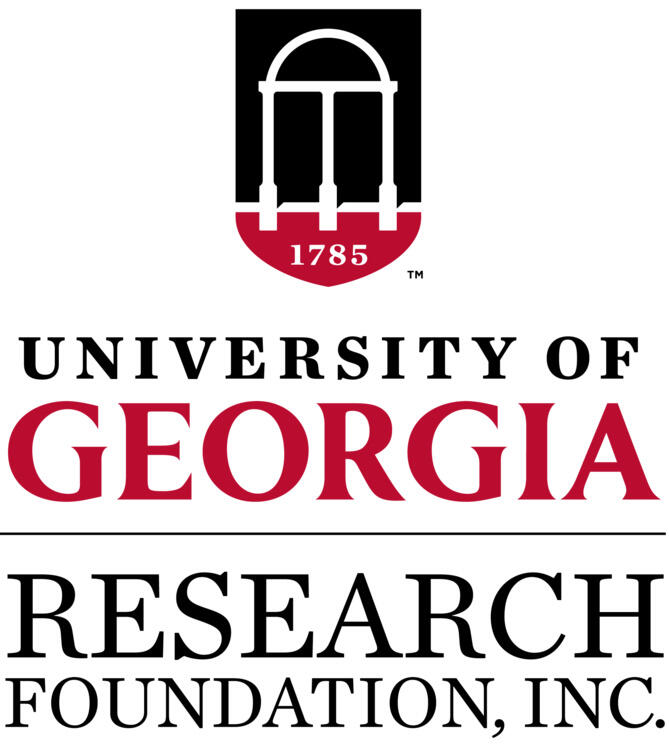
University of Georgia Research Foundation
The project will evaluate the impact of financial education course features on student financial literacy (i.e., financial knowledge, financial skill and financial self-efficacy) and financial well-being. The goal is to examine the effectiveness of collegiate financial education in improving the preparedness of college students to make financial decisions as students and after graduation.
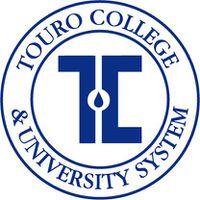
Touro College
The study seeks to explore whether remediation of reading disfluency at the law school level will have a positive impact on reading comprehension ability – particularly in “at risk” students. For purposes of this study, the definition of “at risk” students are students with weak LSAT scores. This project builds on their 2017 empirical study examining a possible link between oral reading disfluency and reading comprehension ability in first-year law students.

Elon University School of Law
The project will assess interventions aimed at improving student success and first-time bar passage through a two-phase project funded by AccessLex. The data collected and reported to AccessLex through this grant project will help determine the impact and success of interventions in overcoming barriers to student success and first-time bar exam passage.

Dillard University
The LEAD Program has identified key components to student success based upon the experiences of the 2018 and 2019 LEAD cohorts. By 2022, LEAD will have data on almost 100 predominately African American students to analyze and share with the pipeline community and the legal academy. By engaging in robust data collection, analysis, and assessment, LEAD can help to develop scalable, data driven best practices for pipeline programs around the United States.
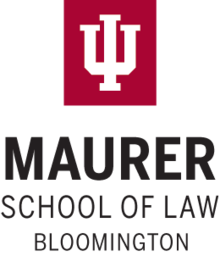
Indiana University Maurer School of Law
The project seeks to...
- Evaluate a replication on the State Bar of California’s July 2019 Bar exam of a Productive Mindset intervention that improved passage rates on its July 2018 exam.
- Examine predictors of bar passage in a data set compiled with over 7,000 takers across three years of California’s exams.
- Scale the Productive Mindset program to three new jurisdictions and examine predictors of passage in a multi-jurisdictional data set of over 10,000 takers of the July 2021 bar exam.
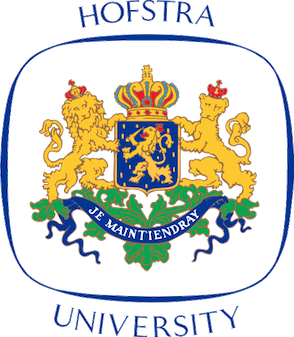
Hofstra University
The project will develop metacognitive teaching materials to be used within the law school curriculum and study the impact of this instructional intervention on bar passage. The project will use a mixed methods approach, using both qualitative and quantitative data, to examine whether students who are taught and prompted to engage in metacognitive skills develop stronger skills over time.
View grant outcomes.

Roger Williams University
The project seeks to identify law schools that consistently overperform—and underperform—on their expected bar exam passage rates, controlling for the quality of the students they accept. The project plans to examine which state bar exams law graduates take and the difficulty of those bar exams. The project will also determine the school-specific characteristics leading to overperformance among law schools that consistently beat their estimated bar passage rate by interviewing deans at these law schools.
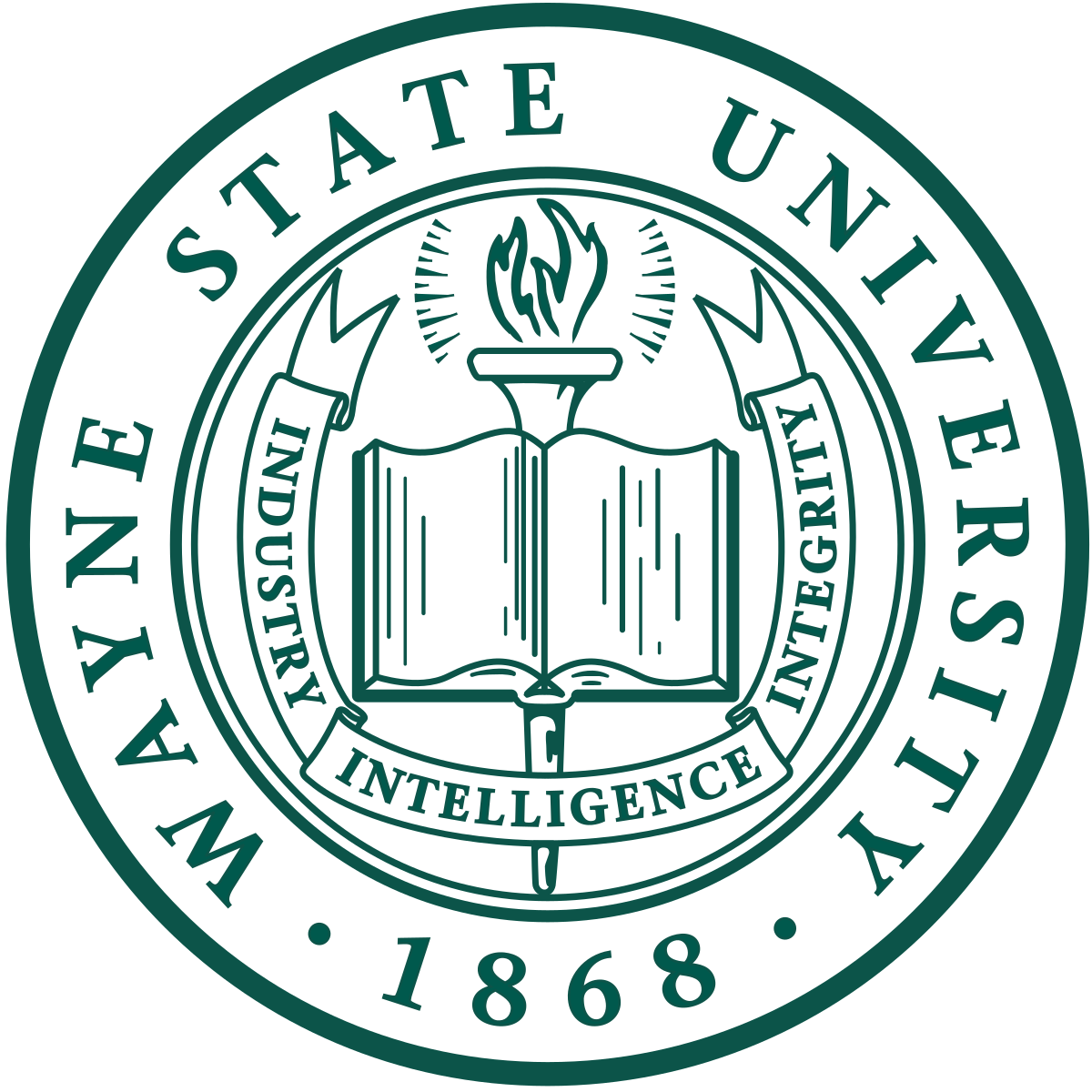
Wayne State University
The Damon J. Keith Pre-Law Summer Institute program targets undergraduate students who are graduates of the Detroit Public School Community District (DPSCD) and interested in attending law school. It will provide participants with LSAT preparation, academic skills-building, law school application and admissions support, and mentors.



